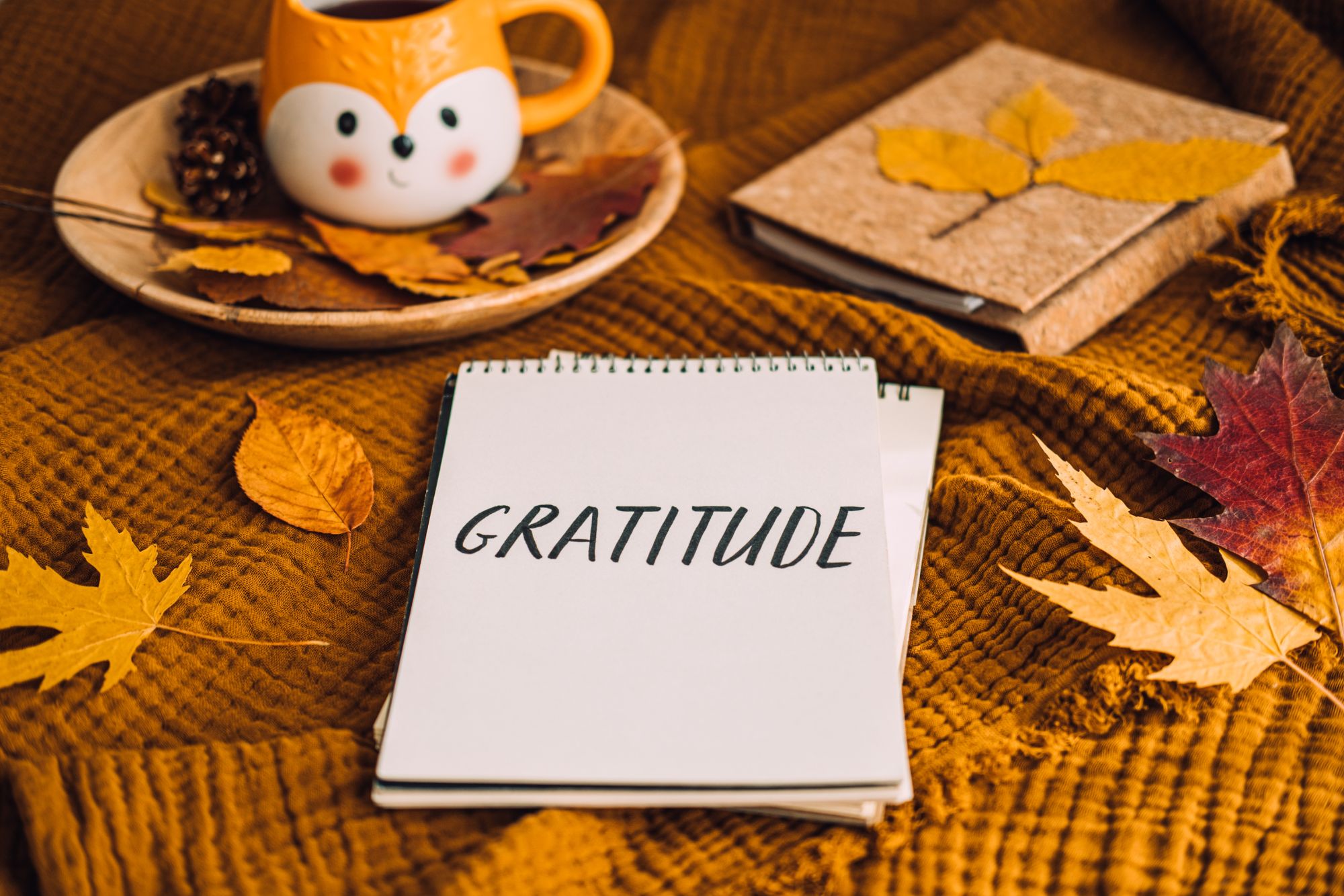It is fitting that the “holiday season” comes at the end of the calendar, and the end of the seasonal year.
Autumn is a time of harvest, to take stock of everything we have accomplished over the past year and consider our blessings before we settle down into winter to rest and wait for the seasons to begin again. It’s the perfect time to remind each other—and ourselves—to be grateful for everything we have. In North America, we even call one of our major holidays Thanksgiving!
But being a doula working with end-of-life patients and their families often means spending time with people who have good reasons to feel anything but grateful. Why should they? It is easy to see why a hospice patient facing the end of their life, or a loved one preparing to say goodbye to them, would not be in the mood to count their blessings.
As humans, especially in Western culture, we don’t like to see other people being unhappy. We want to help them cheer up again, so we remind them of the things they do have—“Yes, you lost your job but be grateful for your health. You can find a new place to work.” Or, “Your mother passed away but it was peaceful and now she’s out of pain, so you can be grateful for that.”
We hope that if we remind people of the good things they have, we can make those feelings of goodness fill the person up, and crowd away the sadness. It’s a kind impulse, but it’s the wrong one. Nobody wants to be told how they should feel or what they should think about.
As doulas, we need to be mindful of where our clients are emotionally and give them space to feel whatever they are feeling. A doula is the last person who should be telling someone to just “cheer up and look on the bright side.” But we can still use gratitude as a tool to help our clients heal, by carrying that gratitude within ourselves and sharing it at appropriate moments.
Instead of telling a person to feel grateful when it’s the last thing they are naturally inclined to feel, let them know you are grateful for them. Let them know that they matter to you, even during times when they don’t feel strong brave, or helpful. They are still loved, they are still important.
When we thank someone, we are not only expressing appreciation. We are reminding them that they still have something to offer and that what they have to offer—their wisdom, their smile, or just their trust—is valued. And that reminds them that they are valued.
Sometimes our own gratitude is the best gift we can give.






